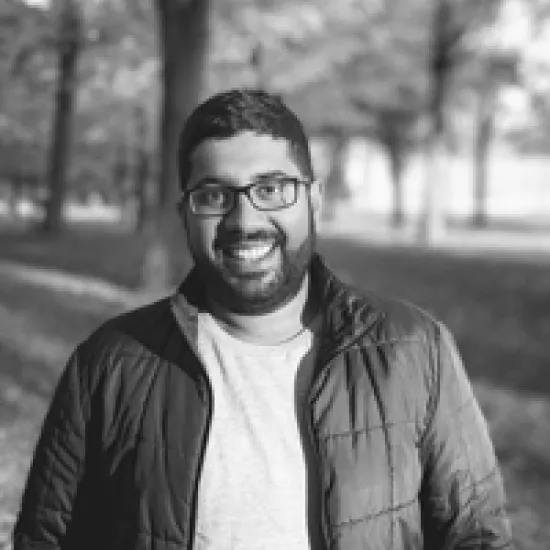
Chandula Fernando
Research and Professional Interests
My current research addresses the concern that most assessment protocols remain greatly outdated with many requiring humans to make physical measurements. Further, most advancement in unmanned monitoring techniques (such as the use of drones) occur in response to major disasters and incidents of accidental release. My study proposes a pipeline through which innovation during disasters can convert to routine environmental assessment protocols. The key difference between disaster and routine situations is the availability of contaminant. In disaster conditions, levels of pollutants can be high and easily detected. In comparison, routine situations require vastly different search strategies, flight patterns, build designs and algorithms. This study compares and identifies facets in disaster technology to improve routine assessment in the energy sector. In addition to quantifying the ability to identify contaminants through limits of detection and resolution, comparison focuses on exposure metrics such as “user-time per area covered”. Besides improving safety and quality assurance, it is hoped that a consolidated platform of impact assessment across different facilities in the region would allow for an enriched discussion when comparing energy solutions, in planning to meet future climate and energy targets.
Presentations
- 2018 Chandula Fernando, John Eyles, Niko Yiannakoulias, Carmel Mothersill. Preliminary results following the investigation of social capital in neighborhoods surrounding the Pickering Nuclear Generating Station. Oral Presentation. The 7th International Conference on Radioactivity in the Arctic & Other Vulnerable Environments – Session: Emergency Preparedness, Rehabilitation & Management. Oslo, Norway.
- 2017 Chandula Fernando, John Eyles, Niko Yiannakoulias, Carmel Mothersill. Conceptual framework investigating the role of social capital in community resilience to nuclear emergencies. Oral Presentation. 4th International Conference on Radioecology & Environmental Radioactivity – Session: Fukushima- and Chernobyl-driven evolution of post-accident environmental recovery preparedness and management. Berlin, Germany.
